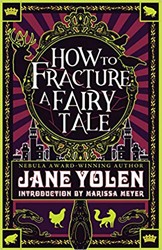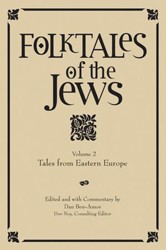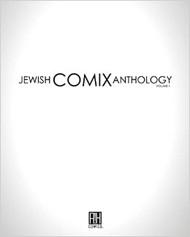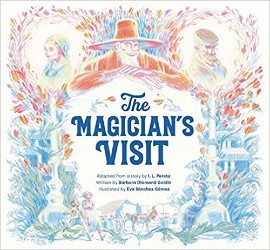These forty extremely brief fables — some only several lines and many about half a page — are the same as those found at the back of the great resource volume, The Book of Legends: Legends from the Talmud and Midrash (Sefer Ha-Aggadah), Edited by Hayim Nahman Bialik and Yehoshua Hana Ravnitzky. However, Rabbi Kogan, the reteller of these fables, illuminates each fable with insightful explication and connections drawn from the Talmud and midrash. These interpretations contain the Jewish meaning and perspective of these fables, along with their Talmudic and midrashic sources. In addition, he includes Aesop’s versions of some of the same fables but assigns very different messages to them. Because of the worth of fables accompanied by these offered commentaries and sources, this book can become a valuable literary text for adults and young people to read and explore together.
Fables are like didactic ‘haiku’ poetry: through a brief narrative, often involving animals, they offer us strikingly effective moral lessons on how to live and behave. Fables have been part of the Jewish tradition as well as world folklore. And as Rabbi Kogan makes clear, fables have traveled a complex route in world and Jewish history. However, while Rabbi Kogan mentions Aesop, La Fontaine, and other fabulists in his valuable essay at the end of the book, “About Fables, Midrash and Talmud,” he never mentions the two great Jewish fabulists: Rabbi Meir and Berechiah Ha-Nakdan. Rabbi Meir was a student of Akiva who lived in Hellenic Asia Minor during the second century B.C.E.. According to the Talmud, he collected 300 fables, some of which are found in the Talmud and midrash. Ha-Nakdan, known as the Jewish Aesop, was born in France. The date of his birth is not exactly known. It may have been about 1190 C.E.. Moses Hades has translated 119 of Ha-Nakdan’s fables in Fables of a Jewish Aesop. I recommend that these two fable books from the Jewish tradition be read in tandem.
Peninnah Schram, well-known storyteller & author, is Professor of Speech and Drama at Yeshiva University’s Stern College. Her latest book is an illustrated anthology, The Hungry Clothes and Other Jewish Folktales (Sterling Publishing) and a CD, The Minstrel & the Storyteller, with singer/guitarist Gerard Edery (Sefarad Records). She is a recipient of a Covenant Award for Outstanding Jewish Educator and the 2003 National Storytelling Network’s Lifetime Achievement Award.





